Koch Industries is making a multi-billion-dollar play to purchase a massive fertilizer production facility in the state; some farmers and lawmakers are raising concerns about monopolization and high prices in an effort to halt the sale.

Koch Industries is making a multi-billion-dollar play to purchase a massive fertilizer production facility in the state; some farmers and lawmakers are raising concerns about monopolization and high prices in an effort to halt the sale.
April 8, 2024
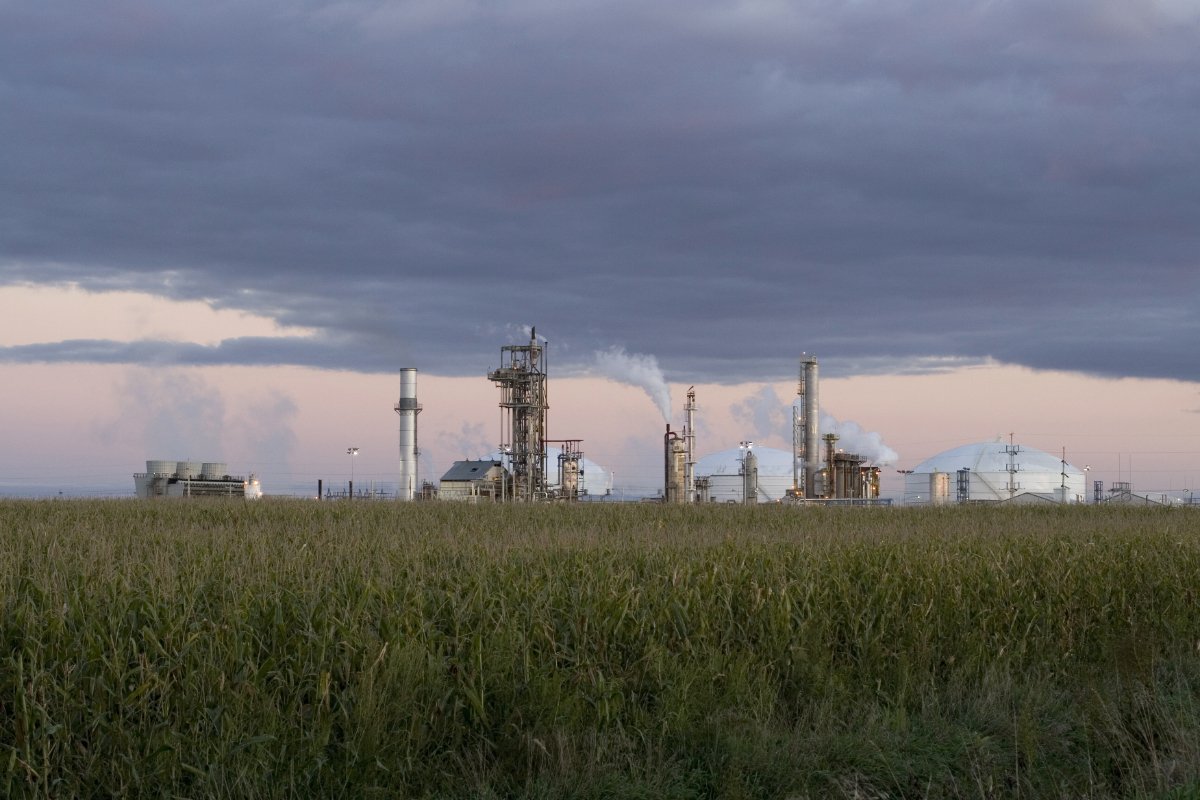
When farmer Joshua Manske heard about the acquisition of an Iowa fertilizer plant by Koch Industries in December, he saw it as a “microcosm of what’s going on nationally.”
Manske runs conventional crop operations in Iowa and Minnesota, including managing a 1,000-acre family farm in northern Iowa, and primarily plants a rotation of corn and soybeans. Because corn requires nitrogen fertilizer to grow, Manske is concerned that further consolidation of the fertilizer industry will drive his input prices up more.
“It’s kind of like, ‘Okay, here we go again,’” he said, referring to the acquisition. “You want competition. That’s what’s going to help drive your fertilizer prices where they should be between supply and demand. And if you don’t have that, well, then [prices] struggle. And then it makes everybody struggle.”
The application of nitrogen, phosphate, and potash fertilizers on cropland is a foundation of industrialized agriculture. According to the U.S. Environmental Protection Agency, nitrogen fertilizer sales increased from 17 pounds per acre in 1960 to 83.6 pounds per acre in 2013. Fertilizer costs comprised nearly 20 percent of U.S. farm costs in 2022, and even more for farmers growing corn and wheat.
In 2012, Iowa Governor Terry Branstad gave an Egypt-based company (which is now a Netherlands-based company known as OCI N.V.) a $240 million tax incentive to build a $1.4-billion fertilizer plant to Iowa. Branstad’s investment was touted as the “largest single capital investment in state history.”
The goal of the project was to bring jobs to Lee County, where unemployment rates were higher than the rest of the state. Another goal was to increase competition in the fertilizer market, where just a few firms dominate, with the hopes of lowering fertilizer prices for farmers and food costs for consumers.
The fertilizer plant opened its doors in 2017, and employed 200 full-time workers when it opened. But in December 2023, Koch Ag & Energy Solutions—one of the firms the Iowa plant was built to challenge—announced it was buying the plant for $3.6 billion.
Fertilizer is one of the most consolidated industries in agriculture; today, four companies control 75 percent of the fertilizer market. Koch Industries is one of them—and was the second-largest private company in the U.S. last year, with a revenue of $125 billion. (According to economists, once four firms control more than 40 percent of the market in any industry, abuses are likely to occur.) Under President Biden, the federal government has also put considerable time, attention, and money into changing that. Over the last four years, the U.S. Department of Agriculture has invested $174 million in independent fertilizer plants not owned by the big four, with a stated goal of increasing competition.
At the end of January 2024, 18 advocacy groups, including the Iowa Farmers’ Union, wrote to the Federal Trade Commission (FTC) and the Department of Justice (DOJ) requesting an investigation into the legality of the purchase, given the consolidation of the fertilizer market.
“While we would harbor grave concerns about any acquisition that further consolidates an agricultural sector as concentrated and as critical as fertilizer, those concerns are much more serious given this deal involves hundreds of millions in taxpayer dollars,” the letter said. “To safeguard our economy and indeed our democracy, our enforcers must prevent dominant firms from capitalizing on investments made with public resources.”
Later this month, FTC Chairperson Lina Khan is set to attend a community listening session with members of the Iowa Farmers’ Union to hear their concerns.
John Gilbert’s sustainable almost-800-acre corn, soybean, oat, and pig farm in Hardin County, Iowa has been in the family since the 19th century. “When I was growing up, farming was a lot of smaller farms. Everybody had livestock of one sort or another,” said Gilbert. “Integrated livestock and crops, that was pretty much standard.”
He characterizes that period of farming as a time when everyone was “maybe having a recreational drink after work or maybe enjoying a puff or two on one of those fancy cigarettes.”
Today, according to Gilbert, farmers are struggling—and more “into heavy addiction to hard drugs.”
“So-called highly efficient agriculture comes at a cost, and those costs are being externalized into people’s health and in poor water quality and in the fact that nobody wants to stay in Iowa,” Gilbert said.
Gilbert was against the fertilizer plant when it was first being built, in part because of the huge state contribution required. “I’ve long been convinced that there’s very little justification for governments putting tax breaks into business,” he said. “It wasn’t that they were going to put a few local tax dollars to get it located in Wever, Iowa; it was the fact that the state was willing to put close to half a billion dollars into it.”
When Gilbert heard about the planned Koch acquisition, he was troubled by how Koch Industries has moved into multiple areas of agribusiness. In 2015, Koch was the fifth-largest ethanol producer in the country. They also owned approximately 340,000 acres of Montana land with cattle, elk, and a trout stream until they sold it to Rupert Murdoch in 2021.
Gilbert’s concerns are not unfounded: Monopolies dominate many aspects of agriculture in the U.S. Four companies control more than 70 percent of the pork industry (JBS, Tyson, Smithfield, and Hormel), and four companies control more than half the chicken processing market (JBS, Perdue, Tyson, and Sanderson). Additionally, four companies also control the majority of the global seed market (Bayer, Corteva, ChemChina, and BASF).
Consolidation impacts farmers when it comes to how they can meet their bottom line, but it affects consumers, too: As the pandemic revealed, when companies don’t face competition, they are able to inflate food prices as they see fit.
“I’m a believer capitalism, but you have to have good competition for the system to work,” Manske said. “When that’s not happening, everybody suffers, from a farmer on the field to the consumer at the grocery store.”
It is no surprise that groceries are more expensive than ever—the U.S. Department of Agriculture (USDA) estimates that food prices are 5 percent higher in 2023 than in 2022. As fewer and fewer corporations control more of the food supply, resulting in larger profit margins than ever, consumers pay the price.
“Whether it’s nitrogen or airline tickets or Ticketmaster, at what point does it become a power balance where one entity has great power over a lot of people who have little power?” Gilbert said. “It’s really the government that needs to be in a position to keep those scales in balance.”
At the end of January, Iowa State Auditor Rob Sand sent a letter to the FTC and DOJ calling for the agencies to reject the sale.
“Iowa taxpayers have hundreds of millions of dollars invested into this plant as a way to promote competition and keep prices low,” Sand told Civil Eats. “If you sell it to the biggest partner in the industry, you are literally defeating the purpose of that investment by taxpayers.”
Sand is also concerned about the job security of those working in the plant, should it be acquired. “It’s not uncommon for one of the biggest players in any industry to buy a piece of that industry from an opponent and then actually shut it down,” he said.
For almost three decades, former Iowa Soybean Association president Robb Ewoldt has been growing corn and soybeans on his 2,000-acre eastern Iowa family farm. He also raises cattle and hogs—“and two boys,” he says. After water, nitrogen is the most important ingredient in growing corn, Ewoldt told Civil Eats.
Over the past two years, nitrogen fertilizer and grain prices have both skyrocketed in large part due to the ongoing war in Ukraine. While the high grain prices are a boon for farmers, rising fertilizer costs are evening out their books.
Even though fertilizer prices have been higher than ever in the past few years, Ewoldt is not sure how much of a difference the Koch acquisition of the plant would make to his everyday life.
“I am a farmer,” he said. “I’m sure there’s people that have studied this stuff and can give us reasons why this might be a bad thing. I look at it for what I’m paying and how it affected me two years ago, and I don’t think that there’s going to be that big of a change.”
However, Iowa State Representative Megan Srinivas, who serves on the state’s agriculture committee, told Civil Eats that Koch’s rising dominance in the agriculture sector could potentially cause increased prices for all farmers.
“Koch already has quite a large conglomeration of fertilizer plants,” she said. “And ostensibly taking away a major competitor in the state would drive us more towards a monopoly where we wouldn’t have the competition needed to help keep the prices lower,” she said.
Manske is already skeptical of how fertilizer prices are set. “I’d love to know what made my fertilizer worth $1,100 last year. It’s the same product they put in the ground this year, but it’s 560 bucks, or vice versa,” he said. “A lot of people will say, ‘Well, you were selling corn for seven bucks and beans for 15 [per bushel], so what’re you complaining about?’ Well, your bottom line might be better off when the input prices are lower, and commodities aren’t as high. We talk about yield all the time, but what’s our [return on investment] per acre? That’s really what matters to keep us in business.”
Many farmers regularly over-apply fertilizer to their crop as a sort of insurance to keep yields high. Much of the over-application ends up in Iowa drinking water, leading to high levels of cancer-causing nitrates and ultimately contributing to downstream hypoxia in the Gulf of Mexico.
Fertilizer prices are just one piece in a much larger puzzle of the sustainability of family farming, a lifestyle that further industry consolidation continues to threaten. According to a report from the Union of Concerned Scientists, the Midwest has seen the greatest levels of cropland consolidation. This consolidation is pushing out new and young farmers as they struggle to compete with the value of the land itself—in many cases renting or selling the land is a safer bet than farming it and competing against the yields of the big players.
“We’ve made it harder and harder to be active in agriculture as a way of life,” Sand said. “It’s a way of life. It’s not just an income. It’s not just a job. And we’re making it harder for people to do that.”
As the latest USDA census describes, the number of farms in the country is decreasing—except for those over 5,000 acres. An increase in large-scale corporate agriculture has created record-setting oversupply this year, which will likely slash the incomes of many farmers. Still, fertilizer companies are doing well: In its 2022 annual report, OCI N.V. reported an almost 54 percent increase in revenue in 2022 over 2021, and an 84 percent increase in net profits.
Farmers are telling a different story. “There’s some years where you just can’t do much to make a profit,” said Ewoldt. “This year, we’re going to see an issue. We’re going to see our net returns drop drastically. I think they’ve shown maybe a 30 percent reduction in income on the farm in general across the United States.”
Experts predict a difficult year ahead for commodity prices due to “plenty of corn available to the market.” The USDA estimates that a corn bushel will likely go for an average price of under five dollars per bushel—a steep decline from the $6.54 from last year.
“Keep an eye out for what’s going to happen in the farm economy here this year. It’s not looking great at the moment,” Manske said. “There’s a lot of uncertainty. Where are the interest rates going to go? Where are commodity prices going? It would be nice to have an updated farm bill instead of just renewing the old one.”
The future of the Iowa fertilizer plant is unclear as the FTC and the DOJ investigate.
“While contested sales are rare, the FTC and the DOJ have the authority to block the sale of a company if they determine it harms competition, creates a monopoly, or violates anti-trust laws,” Sand said. “After an investigation and review process, the FTC and the DOJ may enter into a settlement with the companies or take legal action to block the sale.”
Iowa Farmers’ Union president Aaron Lehman is grateful that FTC Chairperson Khan plans to attend a Union listening session later this month.
“She’s been a good listener for us before when we brought farmers to Washington,” Lehman said. “We’re pleased that they’re listening as well as they are.”
As Scott Syroka reported in the Iowa politics website Bleeding Heartland, Koch Industries is one of five companies that is exempt from paying utility replacement taxes to the state. Each year, OCI pays millions of dollars in replacement taxes because it is connected to an interstate natural gas pipeline, which transfers a primary component for nitrogen fertilizer. It’s possible that if Koch acquires the plant, they will pay none, which would further siphon income from the state.
Iowa is not only becoming more difficult for smaller farmers to maintain their livelihood; it is also becoming a more polluted place to live. Gilbert pointed to rising cancer rates in Iowa, which are likely caused by high levels of nitrates—found in fertilizers—in the drinking water.
“The real measure of how productive a landscape is not how much grain you can raise or what your yields are,” Gilbert said. “It’s how many people does it support? From that standpoint, Iowa’s becoming a desert.”
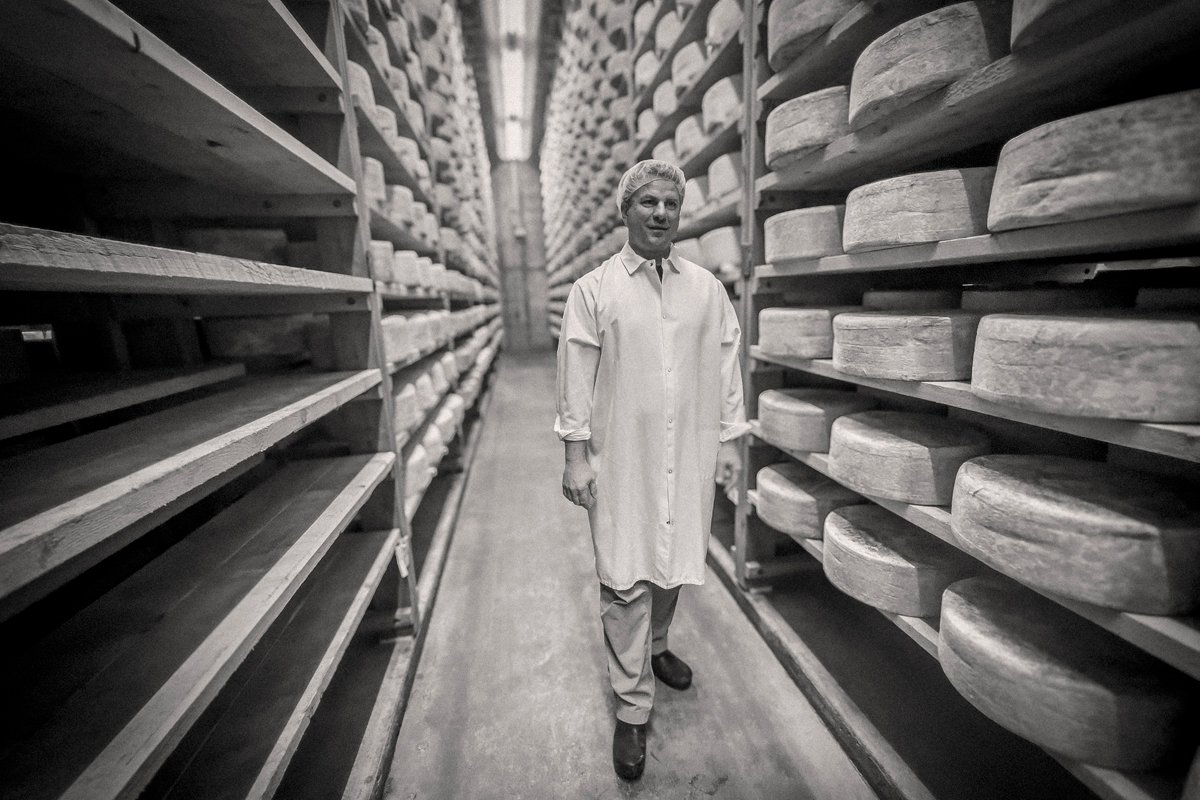
September 4, 2024
By paying top dollar for milk and sourcing within 15 miles of its creamery, Jasper Hill supports an entire community.
September 3, 2024
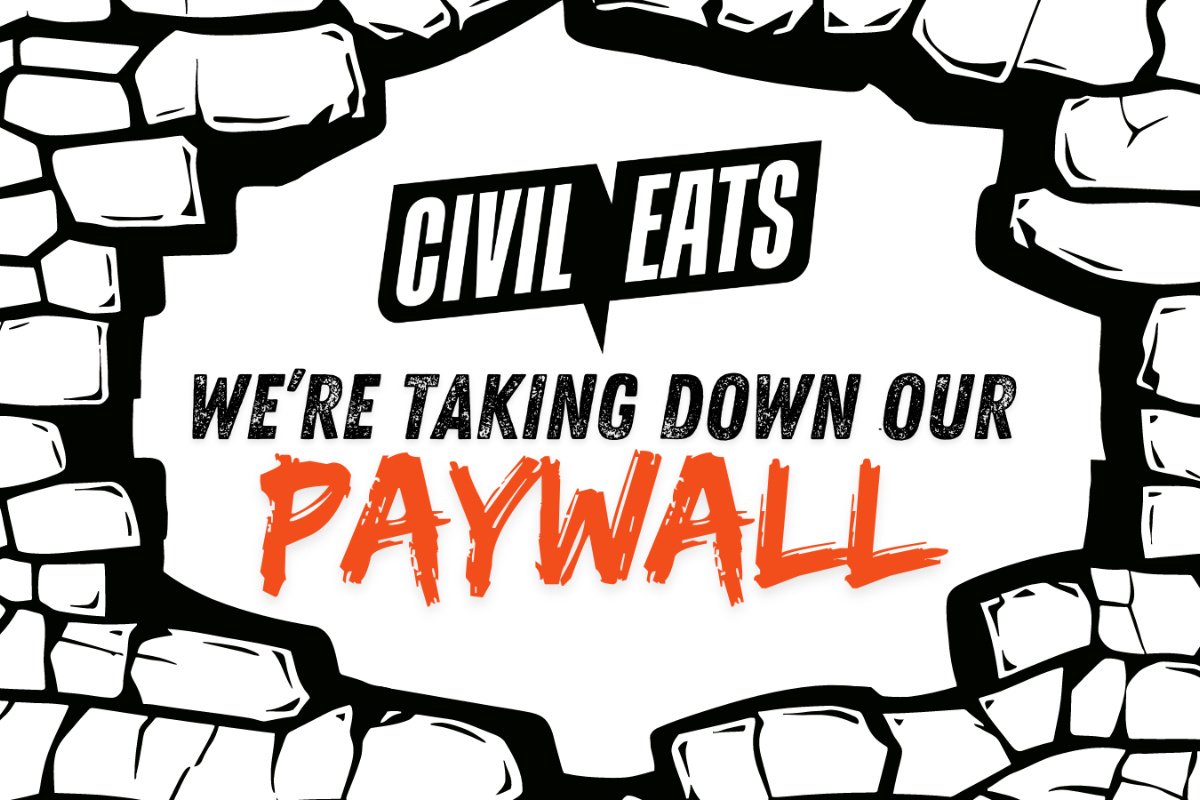
August 27, 2024
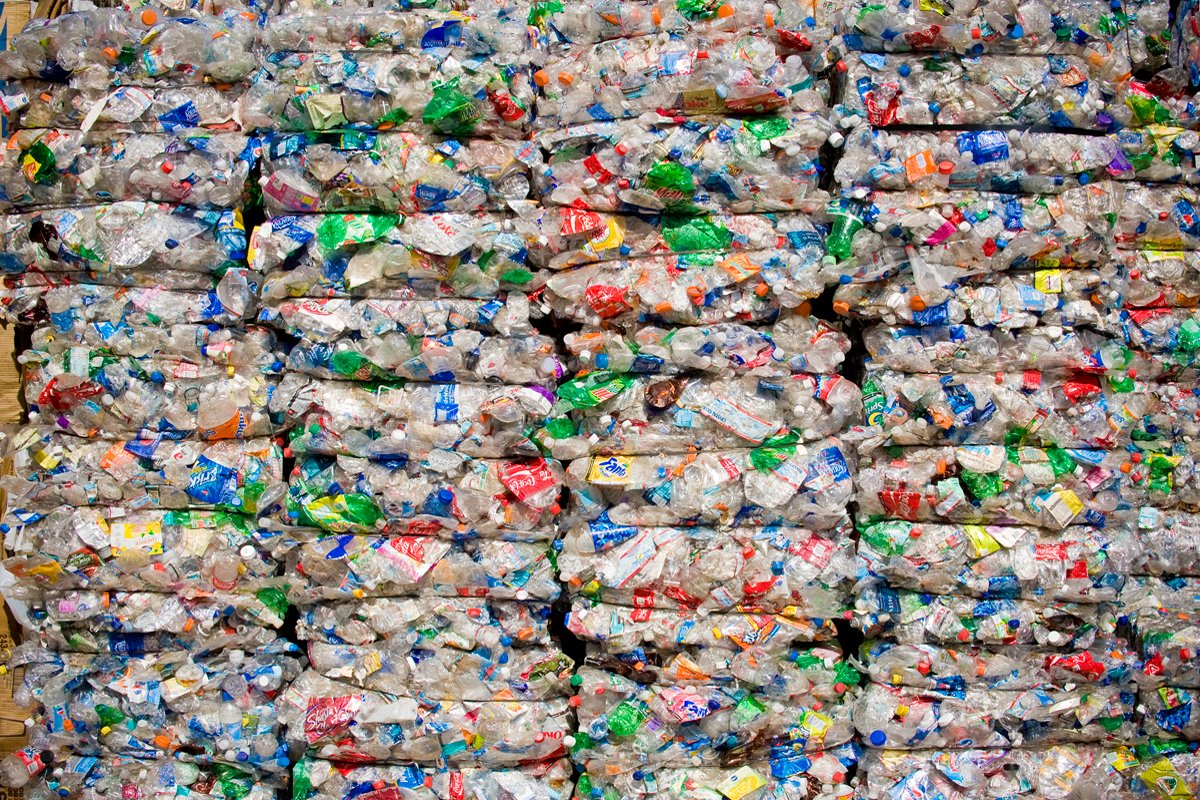
August 26, 2024

August 13, 2024
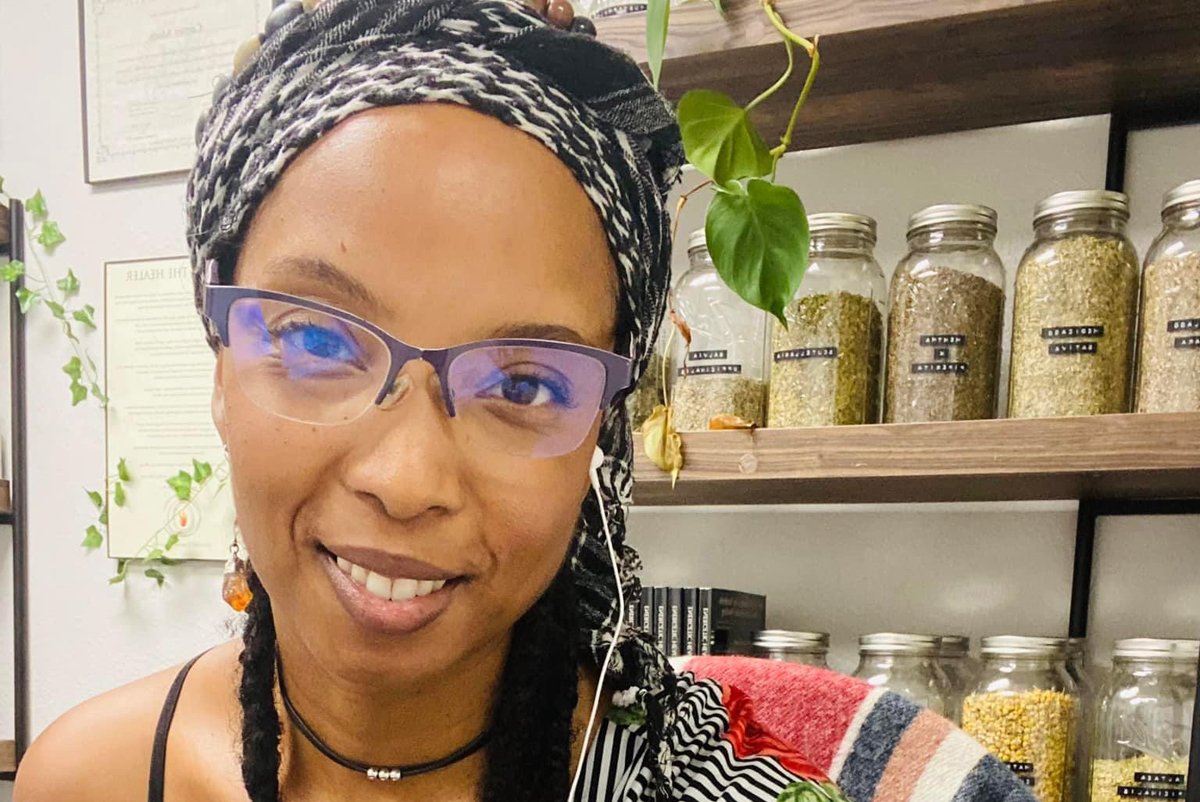
Like the story?
Join the conversation.